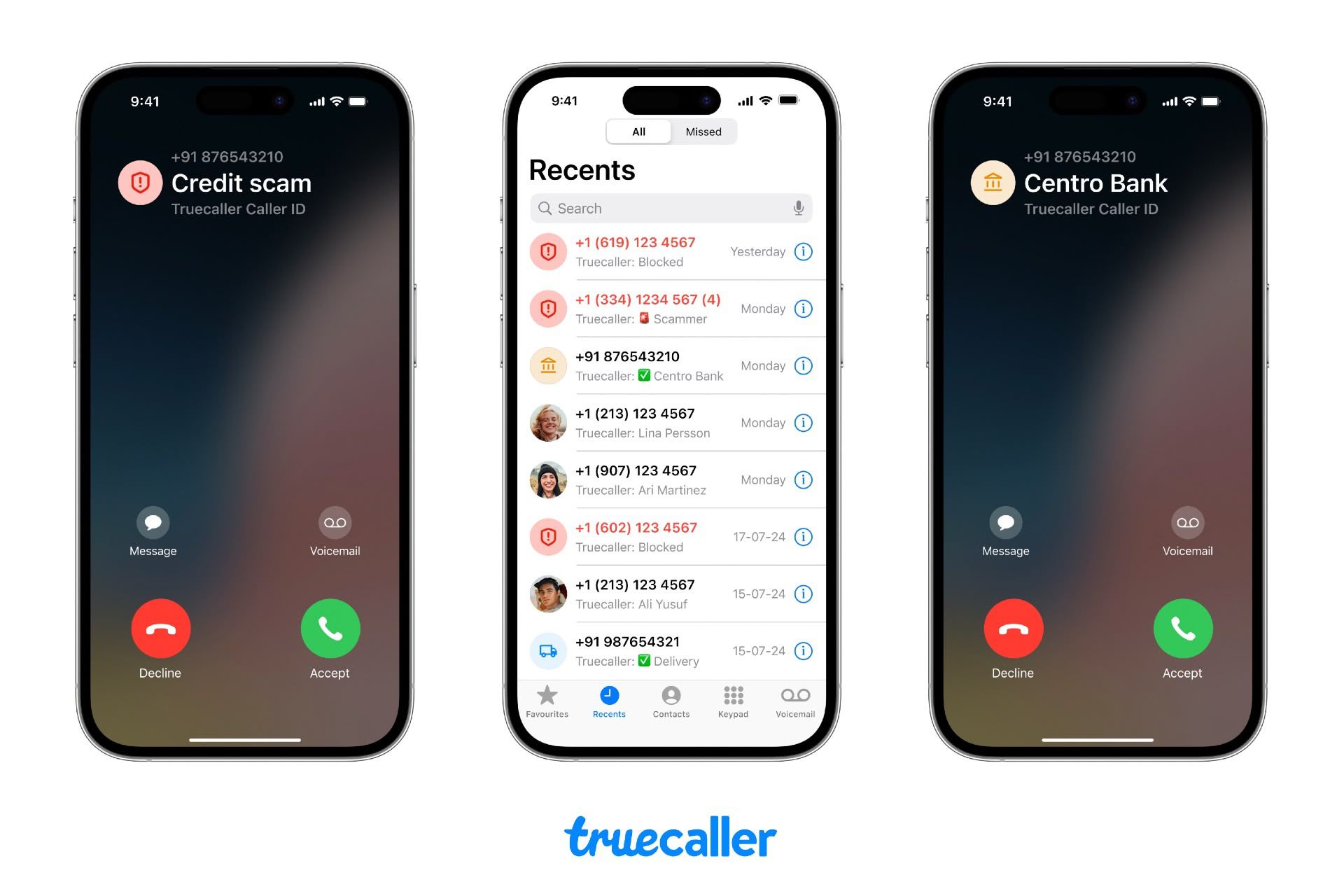On the morning of October 14, GTBank, a Nigerian bank with a market cap of ₦ 1.5 trillion, completed its switch to Finacle, its new core banking platform, a move that was a year in the making. A key part of the process of moving from its previous platform Basis involved GTBank’s tech team and engineers from Infosys, the Indian IT company that built Finacle, spending the previous weekend migrating customer data.
While the bank told its 32.8 million retail customers that they could complete transactions on October 14, the reality for customers was failed transfers and erroneous debit and credit alerts. Many customers complained on social media—those complaints have continued this week—even as the bank failed to share further updates since Wednesday.
Switching a core banking application takes several steps, but moving data and integrating channels are the most difficult. While the data migration was successful, integrating the bank’s channels (cards, online banking, and APIs) into Finacle was more difficult than the bank anticipated, one person with direct knowledge of the process said.
Despite round-the-clock efforts, the teams have not fully integrated all the channels into Finacle. An engineer at GTBank told that the integration would be completed in the coming weeks but failed to give a definite timeline.
GTBank did not respond to a request for comments.
“Integrating channels into a new core banking platform is one of the trickiest parts of a core banking switch, especially for a bank like GT with many channels. Nobody can perform a banking transaction without channels,” a consultant for Temenos, one of the world’s largest core banking applications, told .
“Some banks turn off all channels [during a core banking switch] for a seamless migration, but I guess GTBank could not afford to stop working,” the consultant added.
That theory may explain why GTBank did not restrict customer access to its banking services during the process. Instead, the bank allowed customers to transact without receiving debit or credit alerts during the data migration, which used data from the evening of Friday, October 11, a person with direct knowledge of the process told .
Customers who processed transactions received the alerts only after the migration to Finacle was completed. Many GTBank users on X posted about erroneous transaction alerts the week after the migration.
GTBank’s struggles highlight the complexities of massive technological changes and show how expensive and time-consuming they can get. The planning before an actual switch begins can take up to one year, and banks can pay as much as ₦25 billion annually for software licenses.
Core banking consultants and engineers like the Infosys team typically get paid $50 daily besides accommodation, plane tickets, feeding, and the switching fee. “No cost was spared,” one person involved in the process told .
Since the weekend of October 11, GTBank has accommodated its core banking team and Infosys engineers in hotels close to its Victoria Island headquarters. These teams are still in the process of integrating the bank’s various channels, even after working through the weekend and into the following week.
In one instance of exhaustion, an engineer left his team for a nap during the migration process, only to be woken up within 20 minutes by his colleagues who urgently needed his assistance.
Given the unknown timeline for successful integration, GTBank customers may need to brace for more frustration, especially as salary week approaches, when transaction volumes typically spike.










